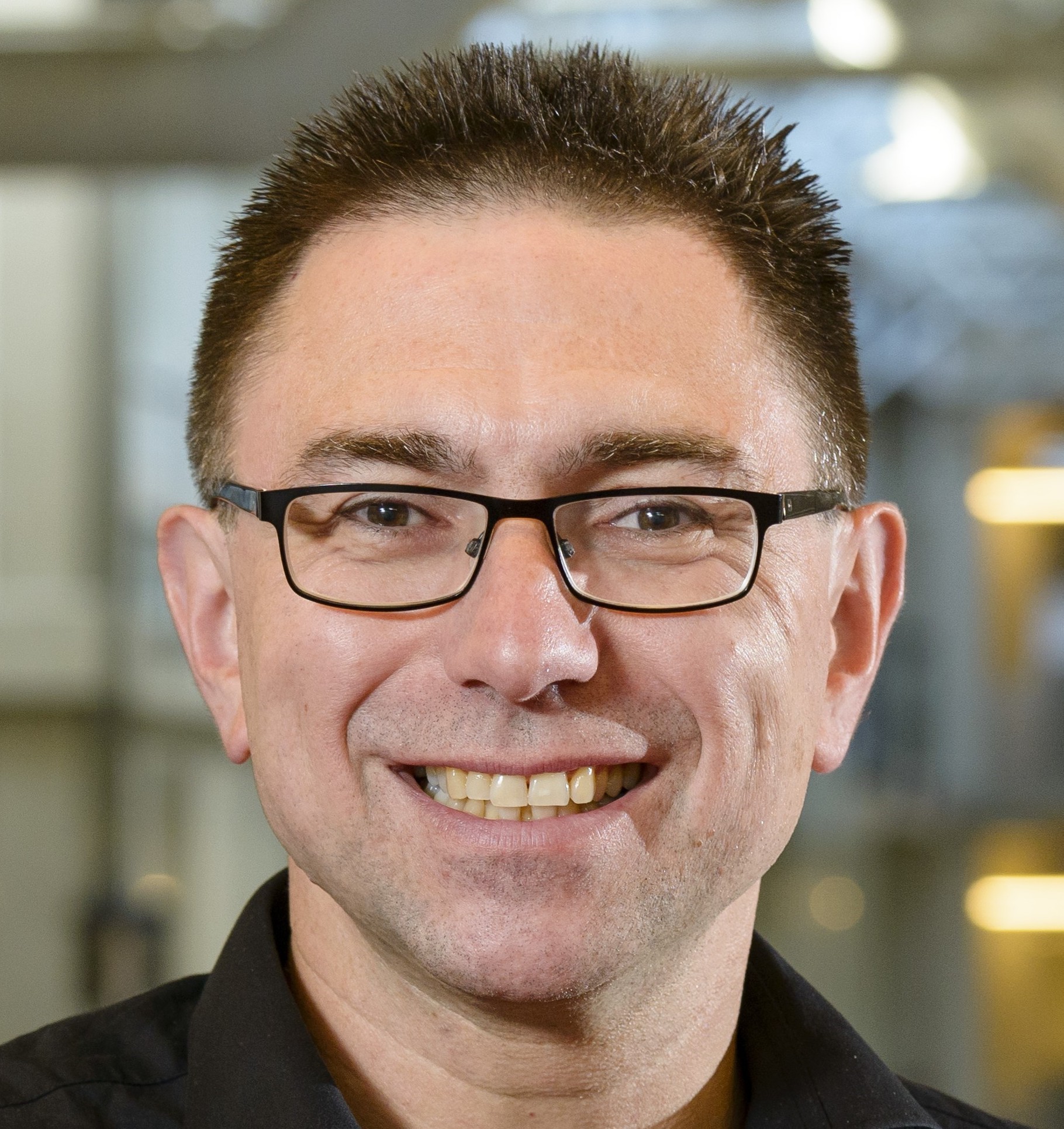2019 Molecular and Cellular Proteomics/American Society for Biochemistry and Molecular Biology Lectureship AwardThe Molecular and Cellular Proteomics (MCP) / American Society for Biochemistry and Molecular Biology (ASBMB) Lectureship Award will be presented to Manfred Wuhrer at the Society for Glycobiology Annual meeting in Phoenix, Arizona. The MCP Journal was created in 2001 to address the growing needs of the proteomics community. Subsequently the MCP/ASBMB award was established in 2013 to honor scientists that have been at the forefront of the emerging field of glycomics and glycoproteomics.
Dr. Wuhrer’s work on glycomics and glycoproteomics technology centers around higher throughput mass spectrometry glycomics workflows, which his lab applies to unravel protein glycosylation signatures of various human diseases including autoimmune diseases, infectious diseases, metabolic disorders, and cancer. Recently, his lab has worked on the comprehensive characterization of protein modifications, relying on intact protein analysis and functional receptor affinity separations with mass spectrometric detection, in order to structurally and functionally resolve proteoforms in an integrated manner. Another long-term goal of his work is to miniaturize mass spectrometry glycomics and glycoproteomics methods to open up new applications in clinical glycomics.
|

 Dr. Wuhrer is a Professor of Proteomics and Glycomics and Head of the Center for Proteomics and Metabolomics at Leiden University Medical Center (LUMC) in the Netherlands. He is chairman of the Dutch Society for Mass Spectrometry as well as a board member of The Human Glycome Project (
Dr. Wuhrer is a Professor of Proteomics and Glycomics and Head of the Center for Proteomics and Metabolomics at Leiden University Medical Center (LUMC) in the Netherlands. He is chairman of the Dutch Society for Mass Spectrometry as well as a board member of The Human Glycome Project (